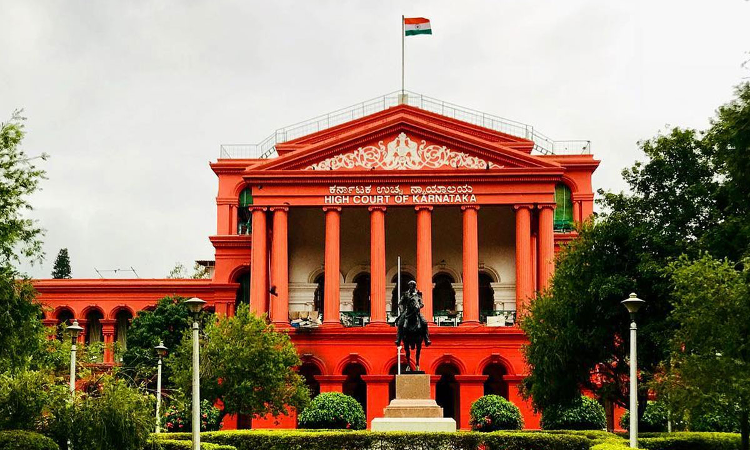The Karnataka High Court recently directed attaching the property of a man by creating a charge over his property to secure payment of maintenance to his estranged wife and differently-abled son.A division bench of Justice Anu Sivaraman and Justice Anant Ramanath Hegde allowed the application filed by the wife and child for attaching the property of the husband. It said “Charge is created...

